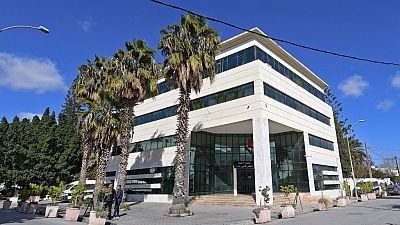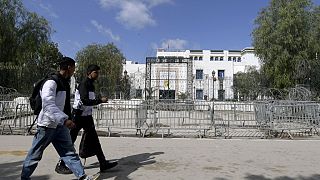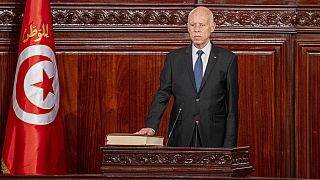Tunisia
Ambassadors of G7 European Union (EU) member countries in Tunisia are worried about President Kais Saied's decision to dissolve the Supreme Council of the Judiciary (SCM).
In a joint statement on Tuesday, both parties said they were "deeply concerned" by the president's decree which intends to tamper with the functioning of the judicial system and respect for its independence.
**"A transparent, independent and efficient judiciary - as well as respect for the principle of separation of powers - is essential for the proper functioning of democracy at the service of the people, based on respect for the rule of law and fundamental rights and freedoms. "**They added.
President Saied, who assumed full power in July, announced on Saturday night the dissolution of the CSM, a body he accuses of bias.
The Tunisian police closed its headquarters in Tunis on Monday, a measure deemed "illegal" by its president.
Mr Saied assured the same day that he had no intention to interfere in the functioning of justice.
The CSM, an independent body created in 2016 to appoint judges, is composed of 45 magistrates, two-thirds of who are elected by parliament and who themselves appoint the remaining third.
The United States and the EU expressed "concern" on Monday after President Saied's decision, denounced by his critics as an authoritarian drift and fueling fears of a return to authoritarian rule in the country that sparked the Arab Spring by toppling the dictatorship of Zine El Abidine Ben Ali in 2011.












01:48
Meet one of the teams patrolling Senegal's waters to rescue migrants on small boats
01:00
Tunisia: French student detained for weeks, flies back home
Go to video
EU ends fishing agreement with Senegal amid overfishing concerns
01:02
EU leaders summit opens with more tightened migration policy in the works
Go to video
Chief Justice Koome names judges to handle DP Gachagua ouster petitions
11:07
The economy, the challenge of Kaïs Saïed's second term [Business Africa]